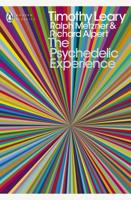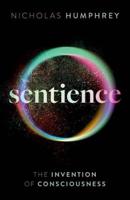Publisher's Synopsis
Humans and other animals depend on their ability to perceive and represent spatial aspects of the world. We learn spatial schemas by observing the locations and movements of objects (including people) and the configuration of our environment. This book explores the role these spatial schemas play in abstract, nonspatial tasks. Evidence suggests that we adapt spatial schemas for three basic purposes in abstract cognition: to structure memory, to structure communication, and to structure reasoning.
Are spatial schemas mere metaphors that help us to understand cognitive processes or are they actual internal mechanisms? Evidence for the latter suggests that the cognitive structures we develop to perceive, navigate, and remember space are the indispensable foundation of more abstract cognitive tasks. This book proposes the means by which spatial structures might be adapted for nonspatial purposes, and it considers alternatives to spatial coding as a basis for abstract thought.
The book is organized into three parts: the representation and use of space, spatial schemas in cultural contexts, and the kinds of computational and neurological structures that might be involved in abstract thought. The contributors include cognitive psychologists, developmental psychologists, linguists, anthropologists, and computer scientists.












